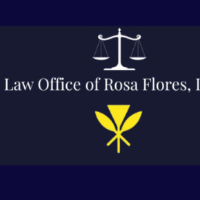 Honolulu County, HI RICO Act Lawyers
Honolulu County, HI RICO Act Lawyers
Sponsored Law Firm
-
 x
x

Click For More Info:
-
The Law Offices of Richard L. Cooper, P.A.
848 Brickell Avenue Suite 800 Miami, FL 33131» view mapDWI/DUI, Drug Trafficking, Felony Nationally Ranked Top 40 Under 40
With Richard L. Cooper you can expect a trusted confidant who will work diligently to fully understand your case and determine a road map to help you regain control of your life.
800-756-2781
Not enough matches for Honolulu RICO Act lawyer.
Below are all Honolulu Criminal lawyers.
Sponsored Lawyers
1-10 of 15 matches
Divorce & Family Law, Criminal, Guardianships & Conservatorships, Paternity
Practicing across all islands in the State, primarily in the areas of Family Law-divorce, custody, paternity, child support, guardianship, adoption, child support, restraining orders--and Criminal Defense, and Appeals.
(more)Accident & Injury, Criminal
George Allen Burke is a practicing lawyer in the state of Hawaii handling personal injury matters.
(more)



 Richard L. Cooper Miami, FL
Richard L. Cooper Miami, FL AboutMiami Attorney at Law
AboutMiami Attorney at Law ServicesCriminal Defense
ServicesCriminal Defense


